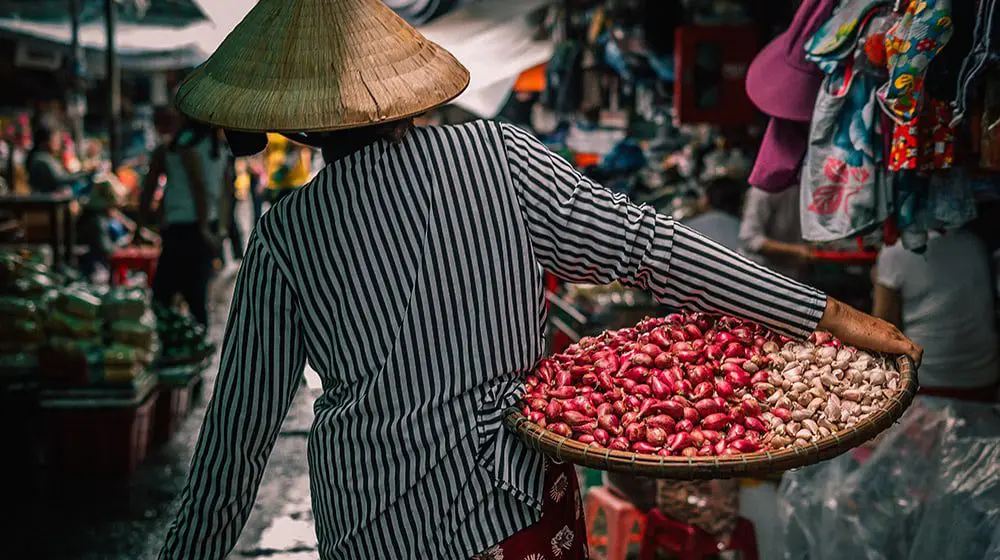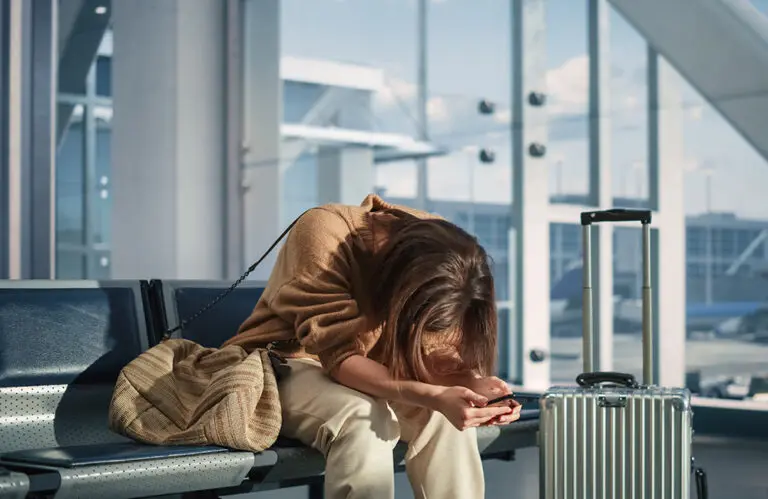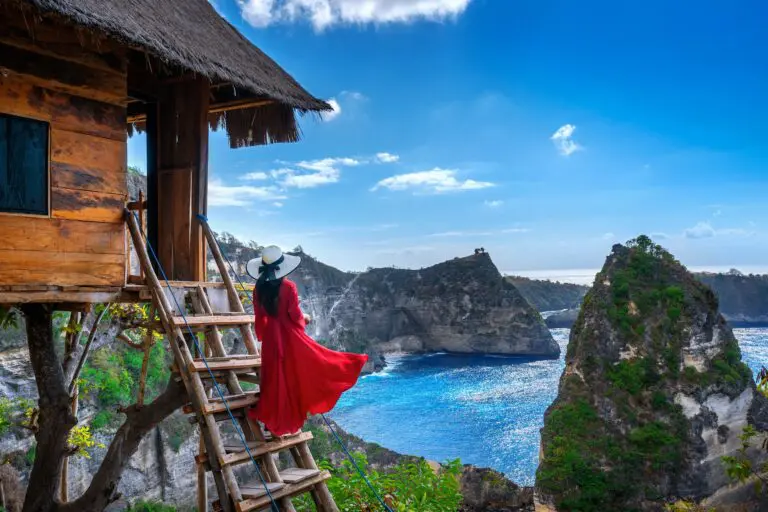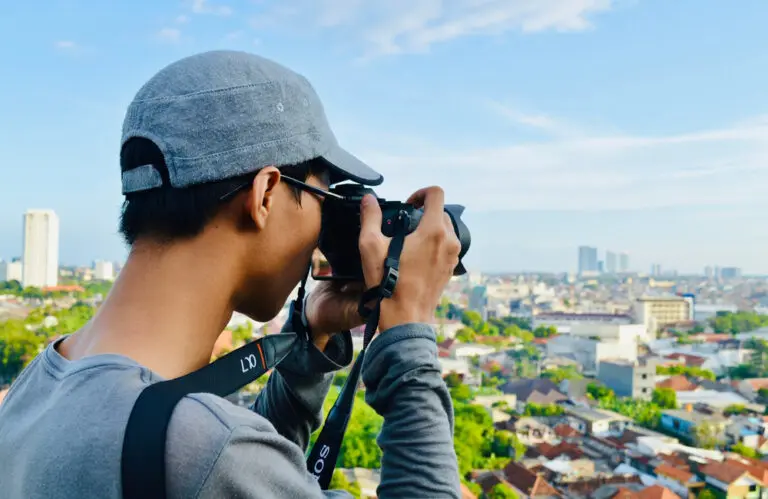What do India, food trips, My Kitchen Rules and Project Karma have in common? They are all the ingredients of an amazing culinary delight planned by Joe Germano from Trans-International Travel.
But the story behind it all is a little more than a standard exercise.
When we started roomsXML 10 years ago, Joe was customer number two. He’s always been generous in his advice, feedback and advocacy. But this specific story starts when Joe saw roomsXML’s “Double the Karma” offer for the fundraiser for Project Karma.
(The raffle was won by a travel Agent who took us up on the offer of you buy one and we will buy you one through roomsXML).
I interviewed Joe whilst sitting in my hotel room in Pune, India, at about 6 AM. Even across Skype it was easy to pick up his excitement and enthusiasm.
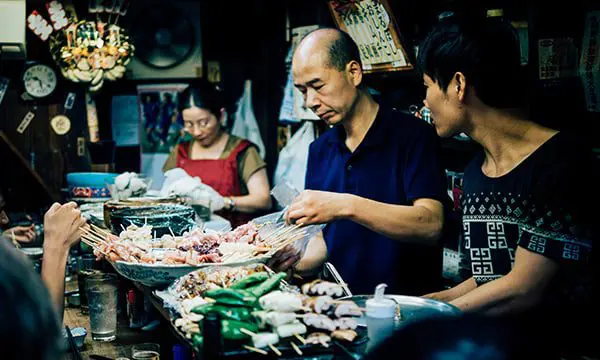
Image: Lan Pham/Unsplash
“Mark, I’ve got a bit of a proposition for you.”
As back story, Joe is a meticulous Travel Agent, focused on detail, probably to the detriment of his spare time. He truly believes in not just travel but experience, not tourism but engagement, the randomness in amongst the well-organised itinerary. On the surface Joe runs a “humble” travel agency – little glitz, little glamour, but it hides the professionalism of himself and wife, Cheryl, who run the business.
Joe’s idea? A food trip with a difference.
“What we are hoping to give is an actual authentic experience with the real Indian cuisine beyond what’s offered stock standard to Western tourists. The real thing – real food, real India. I get it it; real India is very different from what you might expect. I should know.”
Why the focus on the real thing? What’s the driver?
“I’m not a real souvenir collector. My daughter wanted me to get her something from Japan and I was looking at all these dolls and they were all made in China. So I hunted around until I could find a real thing, that cost more, that came with the certificate of authenticity.
“I know that I got her something that was handmade, in Japan, by the locals, and that mattered to me. Otherwise you could buy something the same at a local market. Authentic and experience matters.
“On a real food trip it’s important to get an idea of what the locals are eating and experiencing, not just something that they might get by being taken to a restaurant. They could get that from a chef at a commercial kitchen in Melbourne. I want them to be immersed.”
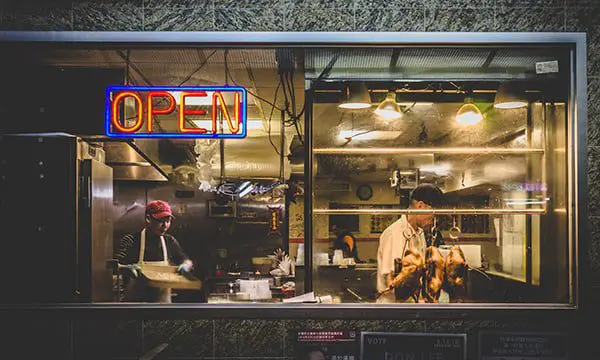
Image: Khachik Simonian/Unsplash
This element of immersion is something that pops up with Joe regularly when we meet at conferences, trade nights or speak on the phone.
“To get a real idea of a country you need to get out of the main cities and so we’re building that into our itinerary.
“It’s the only way you can experience the country you are visiting. For example, Calabria is the mafia town initially, but once you get to know it, they make dishes that you simply don’t get anywhere else in the country.
“Even from village to village there are things that are unique which can only be found if someone steps outside of their comfort zone.
“So somewhere like India, you can stay in the beautiful hotels, be still need to get out and meet the real people.” This notion of the “travel stretch” is where the golden experiences lie.
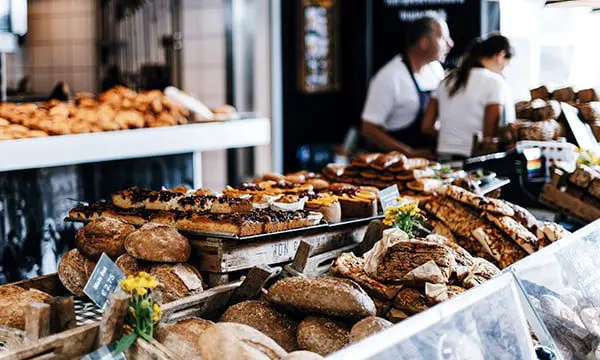
Image: Roman Kraft/Unsplash
I shifted in my seat at my desk in my comfortable five-star hotel. I responded with “but the exact reason I stay at this hotel is to close out the outside world. I love India, I’m a big fan, but it can be intense. Even after 19 visits, I still need space from “India”.
“It’s a great opportunity to use those sort of hotels as a contrast. All the properties are four and five-star but at the same time there are days that we are going to give the travellers a knife and fork and tell them to go and try the street food straight from the vendor.
“We are taking the group for a cooking lesson in someone’s house. We are also chartering a small fishing boat to do some cooking on. It’s too small to be viable for the larger companies to run, but something we can build in to create truly memorable experiences.
“Experiences that they won’t get from the larger groups.”
Travelling on the edge, getting to know the place, being outside of your comfort zone. It is so important as travel gets more commoditised and sanitised.



